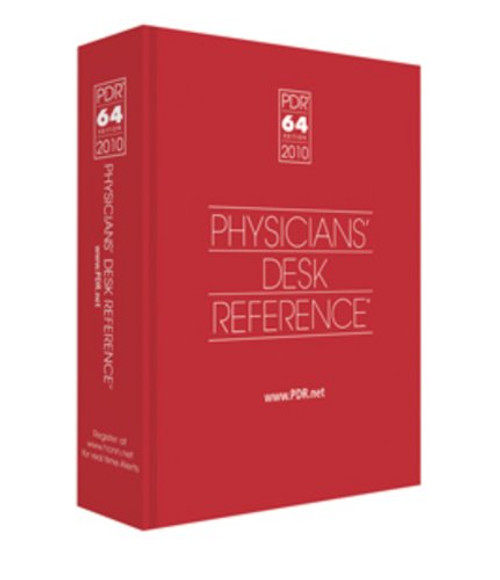An up-to-date resource with the latest achievement tests, theories, and evidence-based findings
The Second Edition of this critically acclaimed reference features the most up-to-date versions of assessment instruments to measure individual achievement and learning disabilities. The authors' pragmatic approach offers practitioners an innovative, systematic assessment framework that applies Cattell-Horn-Carroll (CHC) cognitive theory and blends cognitive testing and Response-to-Intervention (RTI) methods into one seamless process for diagnosing learning disabilities. Replete with case studies, checklists, and worksheets, this reference assists practitioners in choosing appropriate tests, organizing comprehensive assessments, and interpreting results using a cross-battery approach.
* Part One focuses on the evaluation and identification of learning disabilities, particularly from the perspective of IDEA 2004. Current cognitive theory, research, assessment methods, and interpretive techniques are all set forth and reviewed.
* Part Two is the Desk Reference section. It features descriptions and reviews of the psychometric, theoretical, and qualitative features of more than 50 achievement tests published between 1995 and 2006. Separate chapters are devoted to comprehensive tests of academic achievement and brief screening tests of academic achievement, as well as separate chapters for tests of reading, math, written language, oral language, and phonological processing.
* Part Three provides a comprehensive, step-by-step explanation of evaluating suspected learning disabilities according to IDEA 2004 guidelines, using the principles and procedures described in the previous two parts.
This reference concludes with fifteen appendices providing practitioners with a host of useful information and tools, including reproducible worksheets, conversion tables, and learning disability resources. Grounded in CHC theory and a cross-battery approach to assessment, this is an essential resource for school psychologists and other practitioners who need to assess learning disabilities.
The Achievement Test Desk Reference: A Guide to Learning Disability Identification
$89.31 - $147.65
- UPC:
- 9780471784012
- Maximum Purchase:
- 2 units
- Binding:
- Hardcover
- Publication Date:
- 2006-06-30
- Author:
- Dawn P. Flanagan;Samuel O. Ortiz;Vincent C. Alfonso;Jennifer T. Mascolo
- Language:
- english
- Edition:
- 2







